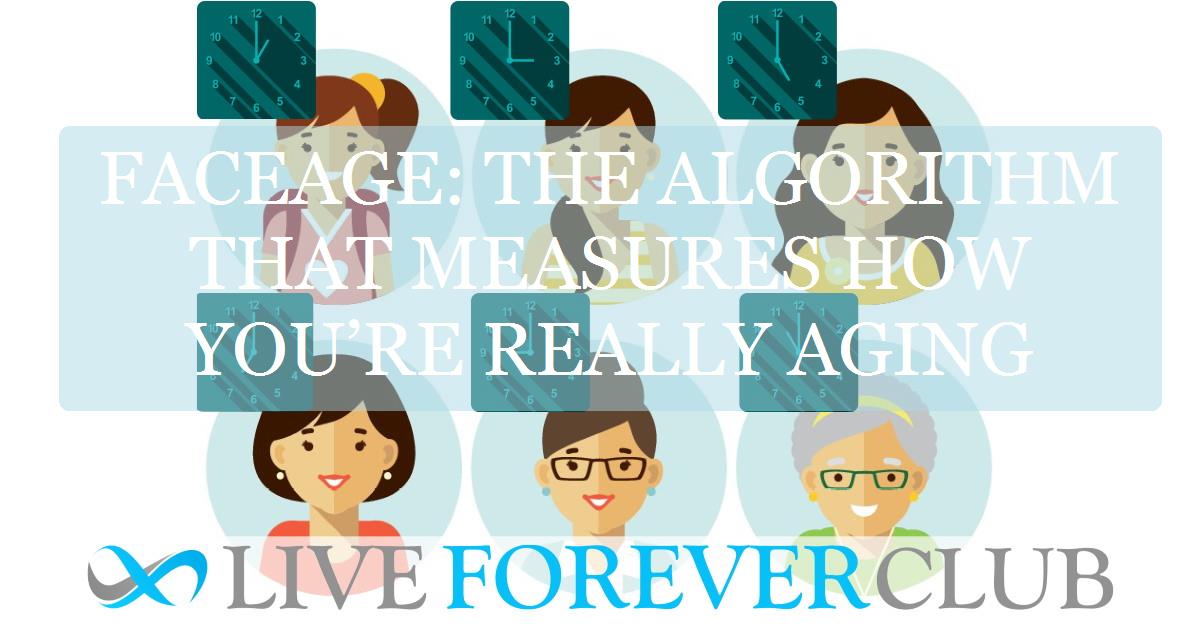Key points from article :
A new artificial intelligence tool could change the way doctors assess aging and make treatment decisions. Published in The Lancet Digital Health, the study introduces FaceAge, a deep learning algorithm developed by a team led by Raymond Mak, an oncologist at Mass Brigham Health. FaceAge estimates a person’s biological age—a measure of how their body is aging—based on a simple headshot, rather than relying on chronological age alone.
Trained on nearly 60,000 images of healthy older adults and tested on over 6,000 cancer patients, FaceAge was able to predict which patients were biologically older than their actual age. Cancer patients, on average, appeared nearly five years older biologically, and those with higher FaceAge scores were more likely to have worse survival outcomes. In medical settings, this tool could help doctors decide whether aggressive treatments are safe or if a gentler approach is better, particularly in cancer care and surgeries like heart or hip procedures.
The algorithm also proved more accurate than physicians in predicting short-term survival for terminal patients, and it interprets facial aging in a more nuanced way—prioritizing changes in facial muscle tone over features like gray hair. Still, the team is working to address ethical and technical concerns, such as potential bias and how things like makeup or lighting might skew results. While FaceAge is not yet available for public or clinical use, researchers plan to launch a public study portal soon.






